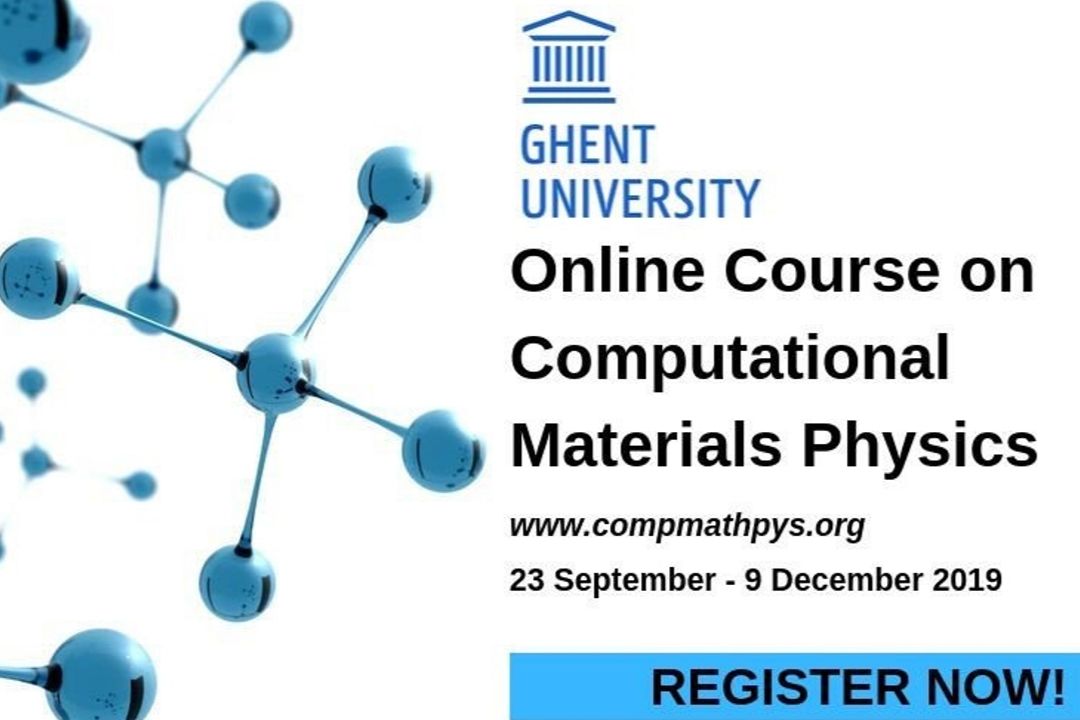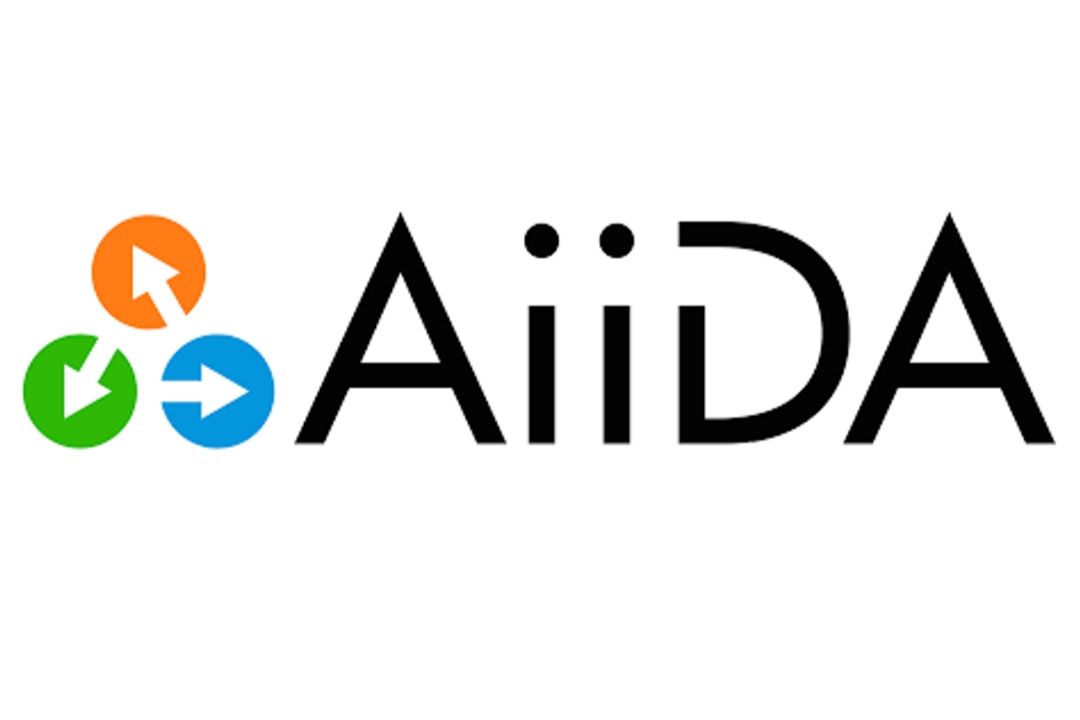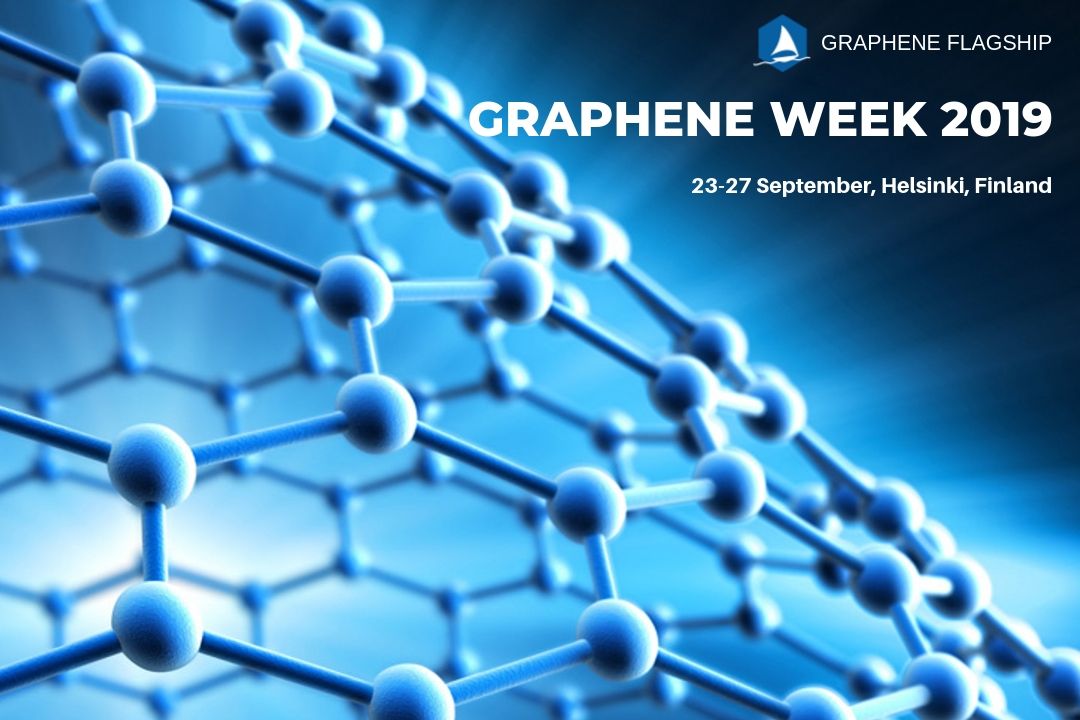
A major breakthrough in the field of Computational Materials Physics has been the fact that it is possible to predict properties of materials “from scratch” or “ab initio” by applying the laws of quantum physics to the atoms that make up the material. The methods for doing this have been developed by solid-state physicists, and are now sufficiently mature to tackle materials engineering problems. The workhorse among these methods, of course, is Density Functional Theory (DFT), which has become a regular item in the toolbox of many scientists. A really useful opportunity to explore DFT (one of MaX code), Ghent University offers a free and open online course that teaches you in a practical and hands-on way how to become a responsible user of DFT. You can find the course at http://www.compmatphys.org, and the supervised edition of the fall term runs from September 23 till December 9 (12 weeks, with a workload of 5-8 hours per week (6 ECTS).
The target audience is people with no prior knowledge about DFT, who want to have a hands-on introduction. You can take this course in sync with the weekly feedback webinars, or you can take it self-paced at any time of the year.
At the end of the course, students will be able to read papers that report about DFT results, and they will be able to make basic calculations with an open-source DFT code. General science education is sufficient as background knowledge. The approach is conceptual and hands-on, not mathematical.
The course follows a weekly pace, with the following structure:
- Watching a set of pre-recorded lecture videos about the topic of the week
- Solving tasks related to these videos – in most cases, there is immediate automated or peer feedback after submitting the task
- Questions about the lectures and tasks can be submitted at any time, and students can answer the questions of others
- Unresolved issues will be dealt with in a weekly feedback webinar that is live-streamed (Sep-Dec). A video of the webinars remains available for those who cannot watch them live.
As an optional part, students can work in teams on a project. During the final webinar, the teams present their work.
The course website is at http://www.compmatphys.org.
Students from Flemish universities can take this course as a regular course in their program, for 6 ECTS points. For students not affiliated to a Flemish university, taking part in this course happens on a voluntary basis – unless your university agrees to give you credit for it (feel free to contact Stefaan Cottenier (stefaan.cottenier@ugent.be) for any concerns. In any case, an unofficial letter confirming one's participation can be provided after completion.
All exercises are described for Quantum Espresso, one of the MAX flagship codes. The format is similar instructions can be seamlessly added for other DFT codes. The goal toward which this course should evolve is a code-independent course on the basics of DFT and materials physics, with practical exercises described for any of the mainstream DFT codes on the market.
Experienced DFT users/teachers are welcome to audit the course. We’re open to suggestions and corrections, as well as to collaboration.
http://psi-k.net/general-announcements/open-online-course-on-computational-materials-phys-2
Register now! @ http://www.compmatphys.org.



